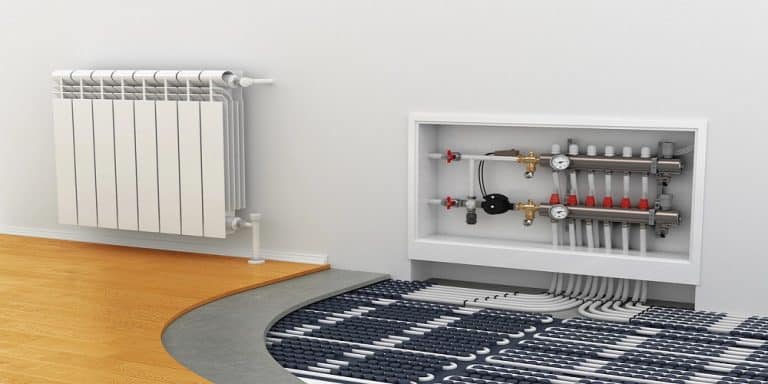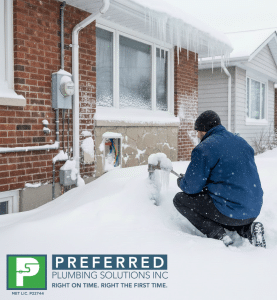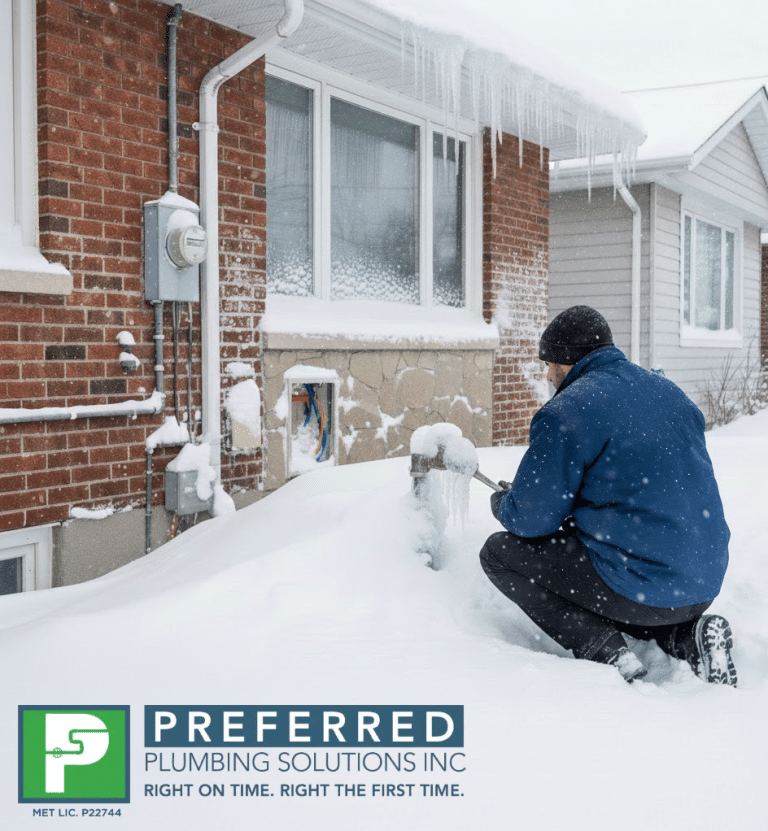Homeowners are becoming more energy-conscious than ever before. Rising utility bills, growing environmental awareness, and the desire for better indoor comfort are driving the demand for smarter HVAC solutions. Among these solutions, heat pumps are quickly emerging as one of the most energy-efficient options for both heating and cooling. Unlike traditional systems that rely solely on combustion or electricity to generate heat, heat pumps work by transferring heat, making them a greener and more cost-effective choice for modern households.
In this article, we’ll explore everything you need to know about heat pump installation, what makes heat pumps such an innovative solution, why they’re becoming increasingly popular, and how they compare to traditional HVAC systems like furnaces and air conditioners.
What Is a Heat Pump?
At its core, a heat pump is a system that moves heat from one place to another. In the summer, it extracts heat from inside your home and throws it outside, working just like an air conditioner. In the winter, it reverses the process, pulling heat energy from the outside air—even in cold temperatures—and bringing it indoors to keep your home warm.
This ability to work in both directions is what makes heat pumps unique. With one system, you can replace both your air conditioner and furnace, simplifying your home’s HVAC setup.
Why Heat Pumps Are More Energy-Efficient
The efficiency of heat pump maintenance and operation lies in its method of heat transfer. Instead of burning fuel or using resistance heating to create warmth, heat pumps move existing heat — allowing them to deliver up to three times more heating energy than the electrical energy they consume.
This translates into lower monthly utility bills and a reduced carbon footprint. For homeowners aiming to cut costs with sustainability, heat pumps are an ideal investment.
Comparing Heat Pumps to Traditional Systems
When weighing a heat pump against a conventional system, the differences are clear:
- AC Install vs. Heat Pump: While a traditional AC can only cool, a heat pump provides both heating and cooling. This dual functionality eliminates the need for separate units.
- Furnace Repair vs. Heat Pump Upgrade: Furnaces burn natural gas, propane, or oil to generate heat, which can lead to higher energy costs. Heat pumps, however, achieve the same result more efficiently by transferring existing heat.
- HVAC Preventive Maintenance: Heat pumps require regular tune-ups as any HVAC system, but fewer components mean fewer repairs in the long run.
Environmental Benefits
Beyond saving money, heat pumps are a major win for the environment. By relying less on fossil fuels and more on electrical efficiency, they significantly reduce greenhouse gas emissions. Many governments and energy agencies are even offering rebates and incentives to encourage homeowners to switch to heat pumps.
For eco-conscious homeowners, this makes heat pumps not just an upgrade—but a responsible choice for the future.
Comfort and Smart Home Integration
Modern heat pumps integrate seamlessly with smart home products like programmable thermostats. By pairing a heat pump with a smart thermostat installation, homeowners can fine-tune temperature control, schedule heating and cooling cycles, and monitor energy usage remotely.
This combination ensures optimal comfort, energy savings, and convenience—all at the touch of a button.
Longevity and Maintenance
Like all HVAC systems, heat pumps benefit from regular care. Regular HVAC maintenance and preventative tune-ups are key to ensuring efficiency and performance. Many HVAC companies now offer programs like a Comfort Club membership, which includes annual inspections, discounts on services, and priority scheduling.
This proactive approach helps homeowners extend the life of their heat pump, avoid costly repairs, and ensure reliable performance year round.
Safety Advantages
An underlooked benefit of heat pumps is safety. Because they don’t rely on combustion, there’s no risk of carbon monoxide leaks, which are a concern with gas furnaces. Pairing a heat pump system with dryer vent cleaning services and duct maintenance further enhances indoor air quality and safety, creating a healthier living environment.
The Cost vs. Value Debate
Some homeowners hesitate to install a heat pump due to the initial cost, which can be higher than replacing a standard AC or furnace. However, when you factor in long-term savings on energy bills, lower repair costs, and potential tax credits or rebates, the investment becomes well worth it. Over time, heat pumps often pay for themselves.
Why Heat Pumps Are the Future
The combination of energy efficiency, eco-friendliness, safety, and convenience makes heat pumps a strong contender for the future of home heating and cooling. As technology advances and energy costs continue to rise, more homeowners will look to heat pumps as the all-in-one solution for comfort.
Whether you’re considering an AC install, furnace repair, or thermostat upgrade, it may be the perfect time to explore how a heat pump can replace or complement your existing system.
Final Thoughts
Heat pumps are more than a trend—they’re a practical, forward-looking solution that checks every box: cost savings, comfort, and sustainability. For homeowners seeking a smarter way to heat and cool their homes, heat pumps stand out as the future of HVAC technology.
By investing in a heat pump today and pairing it with regular HVAC maintenance and smart home products, you can ensure comfort, efficiency, and peace of mind for years to come.













